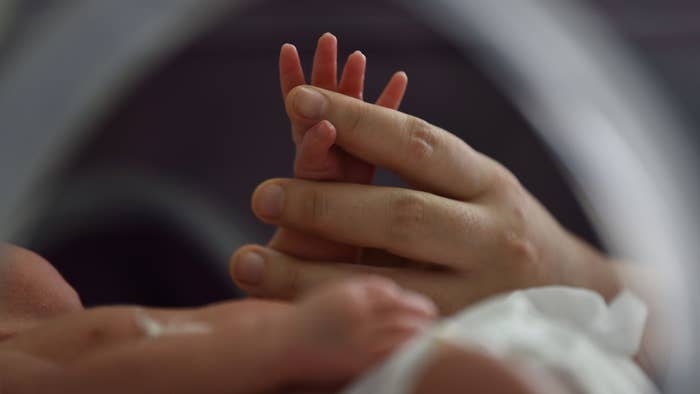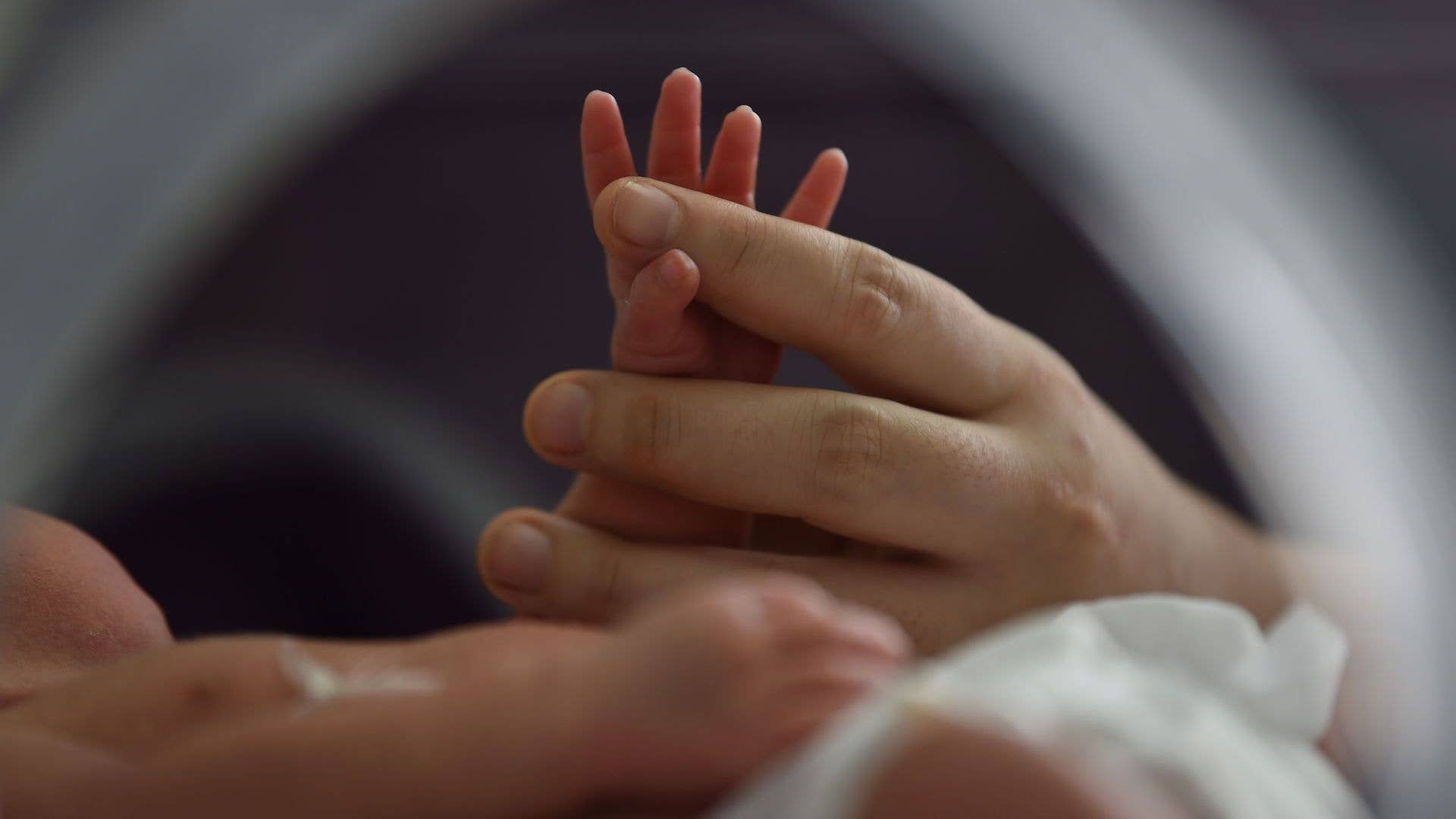
Direct cash payments to low-income mothers may impact the neurological development of newborn babies, according to a new study published in the Proceedings of the National Academy of Sciences (PNAS), the New York Timesreports.
The study comes as the U.S. government started sending monthly checks to parents as of July 15, with up to $300 sent per child, per Vox. As the study now suggests, that tax credit could really have a positive impact on a baby’s brain development. The Baby’s First Years experiment, which explores the neurological effects of such payments, gave one group of low-income mothers $20 per month for several years, and another $333.
As it turns out, the babies who are growing up in households with the larger payments are more likely to show “fast” brain activity, which co-author Kimberly Noble says is a sign that the money played a part in brain development.
“As kids get older, they tend to have more fast brain activity,” Noble, a professor at Columbia University, said. “And kids who have more of that fast brain activity tend to score higher” in subsequent tests of cognitive ability.
The study kicked off in 2018 after screening for mothers with low incomes at hospitals in New York City, Minneapolis/St. Paul, Omaha, and New Orleans. The only EEG data that exists at the moment is for 1-year-olds, as the project was halted in 2020 and 2019 due to COVID-19.
Harvard professor Katie McLaughlin, who studies children’s brain development, called the study “maybe one of the most important papers to come out on the effects of early adversity on early development broadly, and brain development in particular.”
“This is the first study showing a monthly cash payment having a causal impact on kids,” Noble added.

